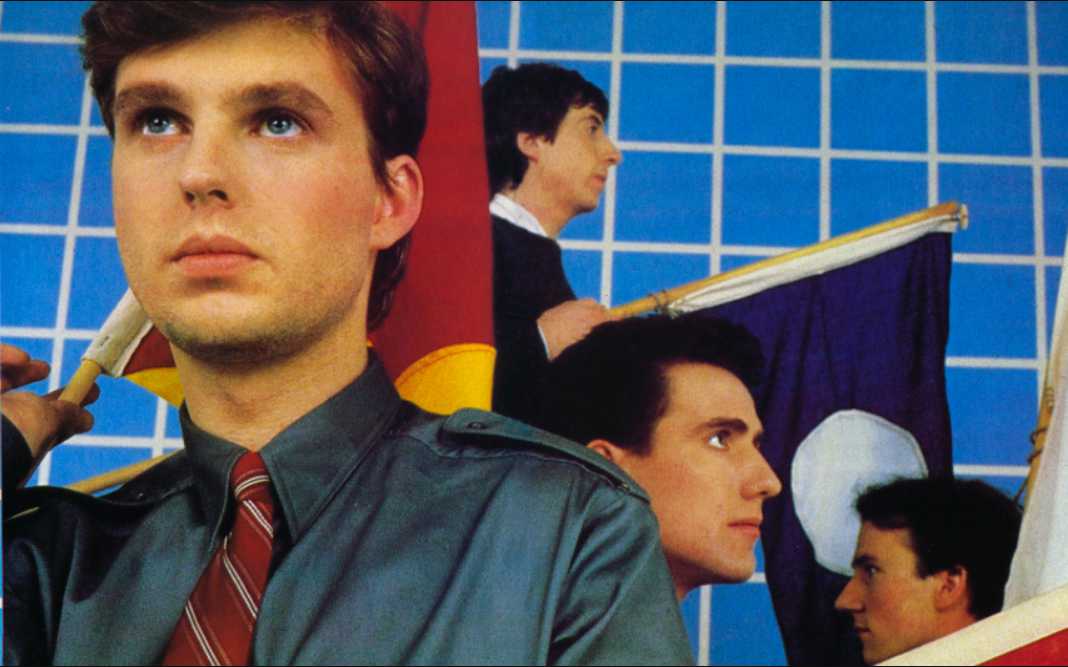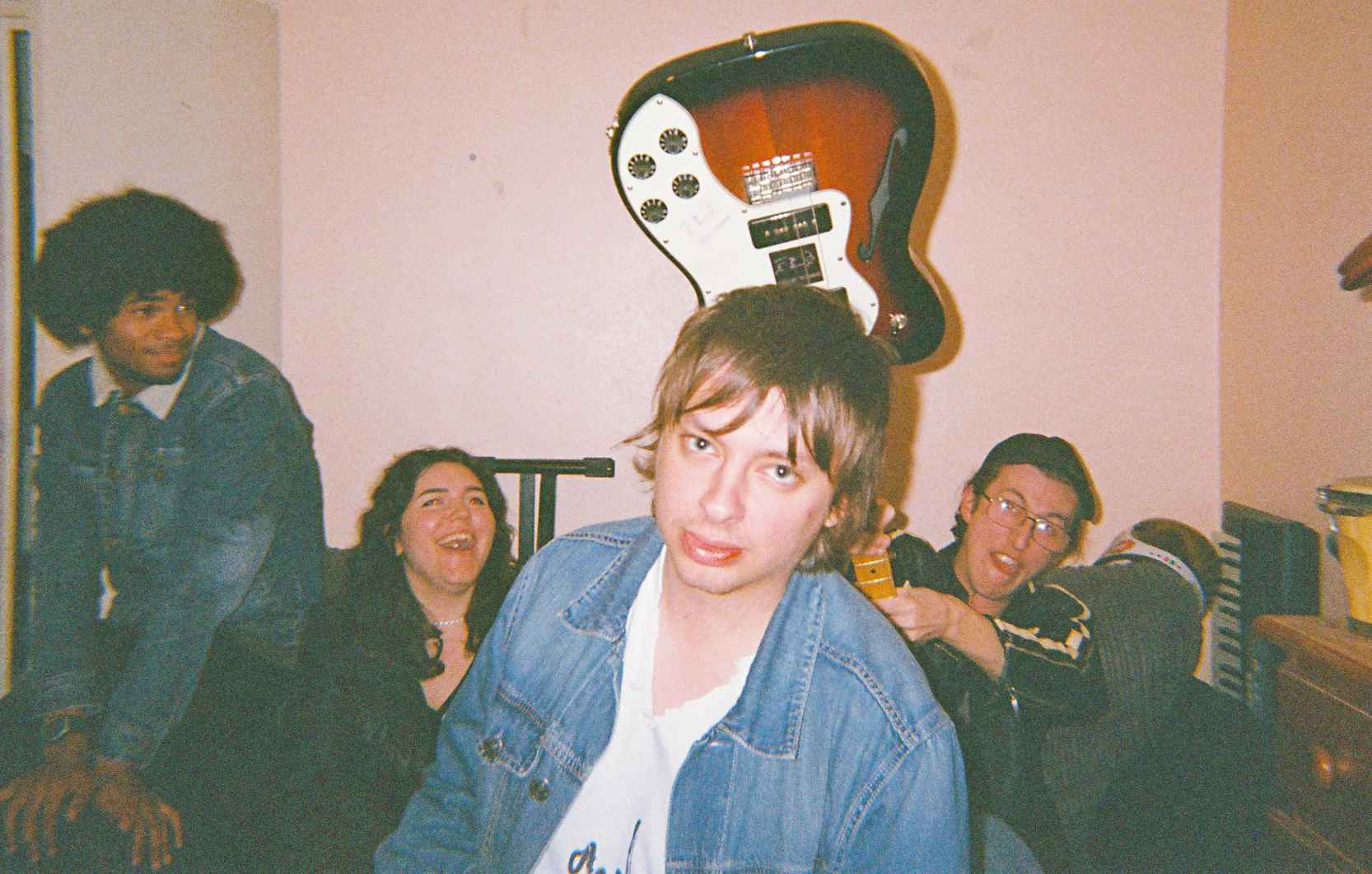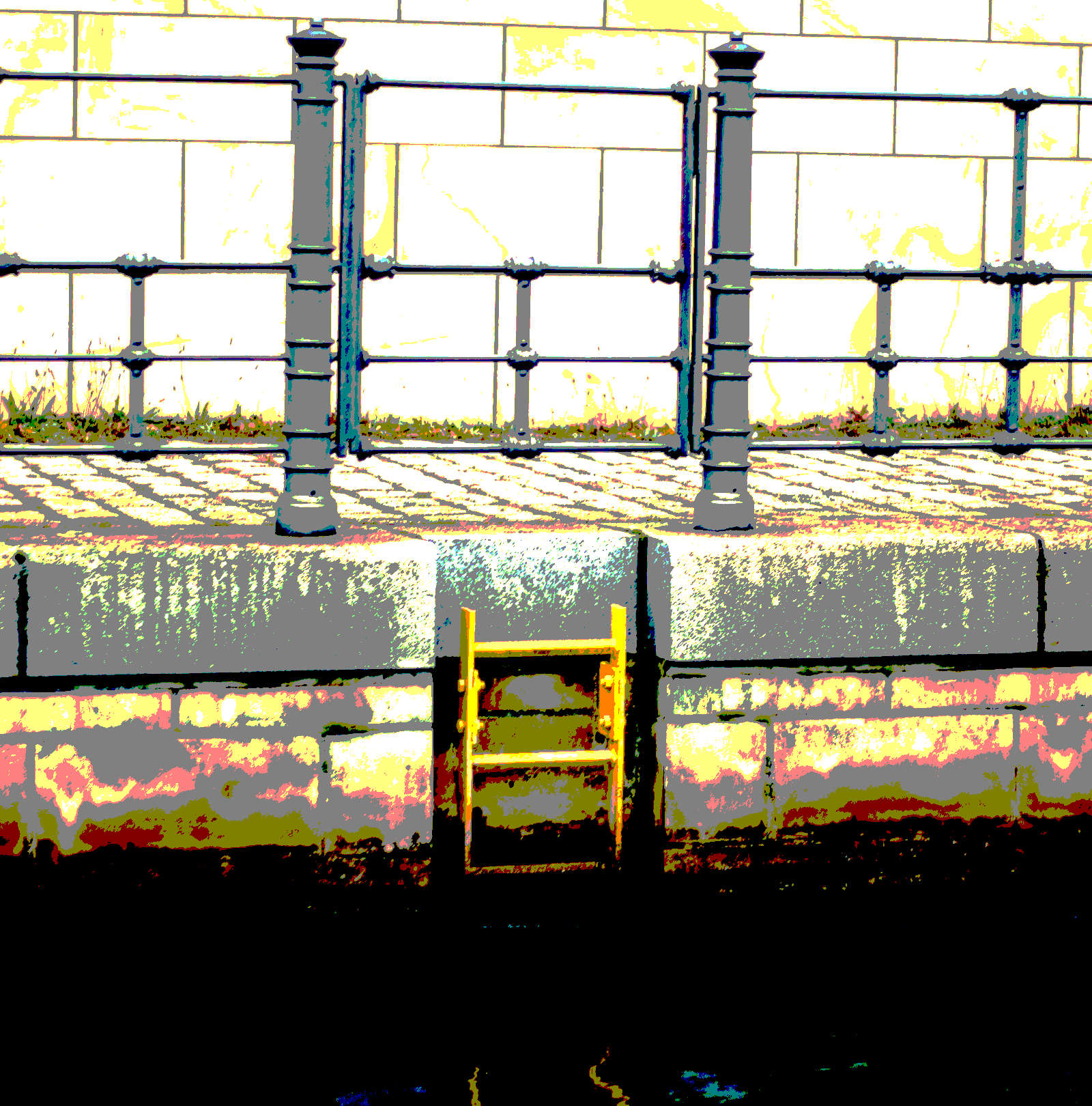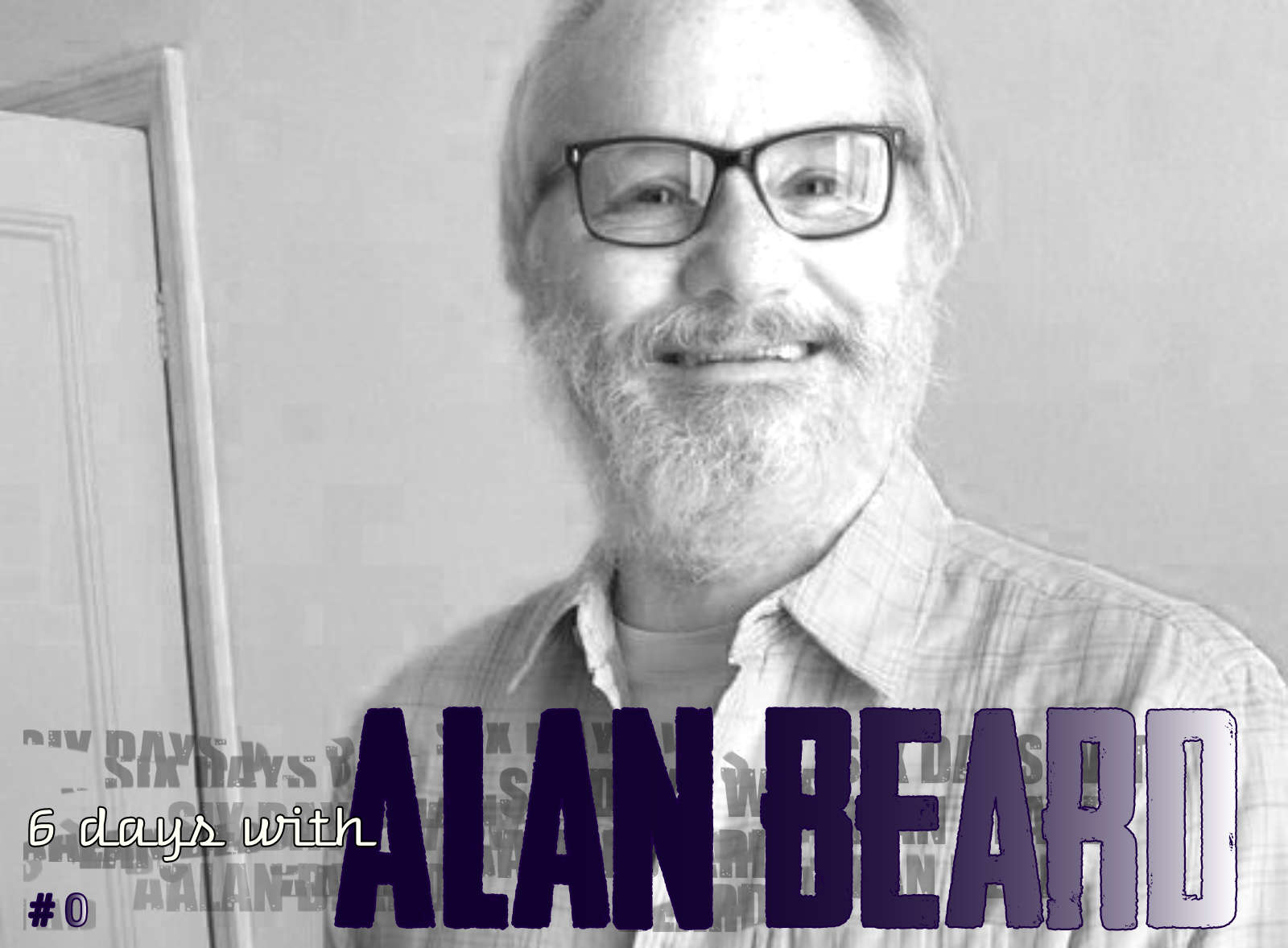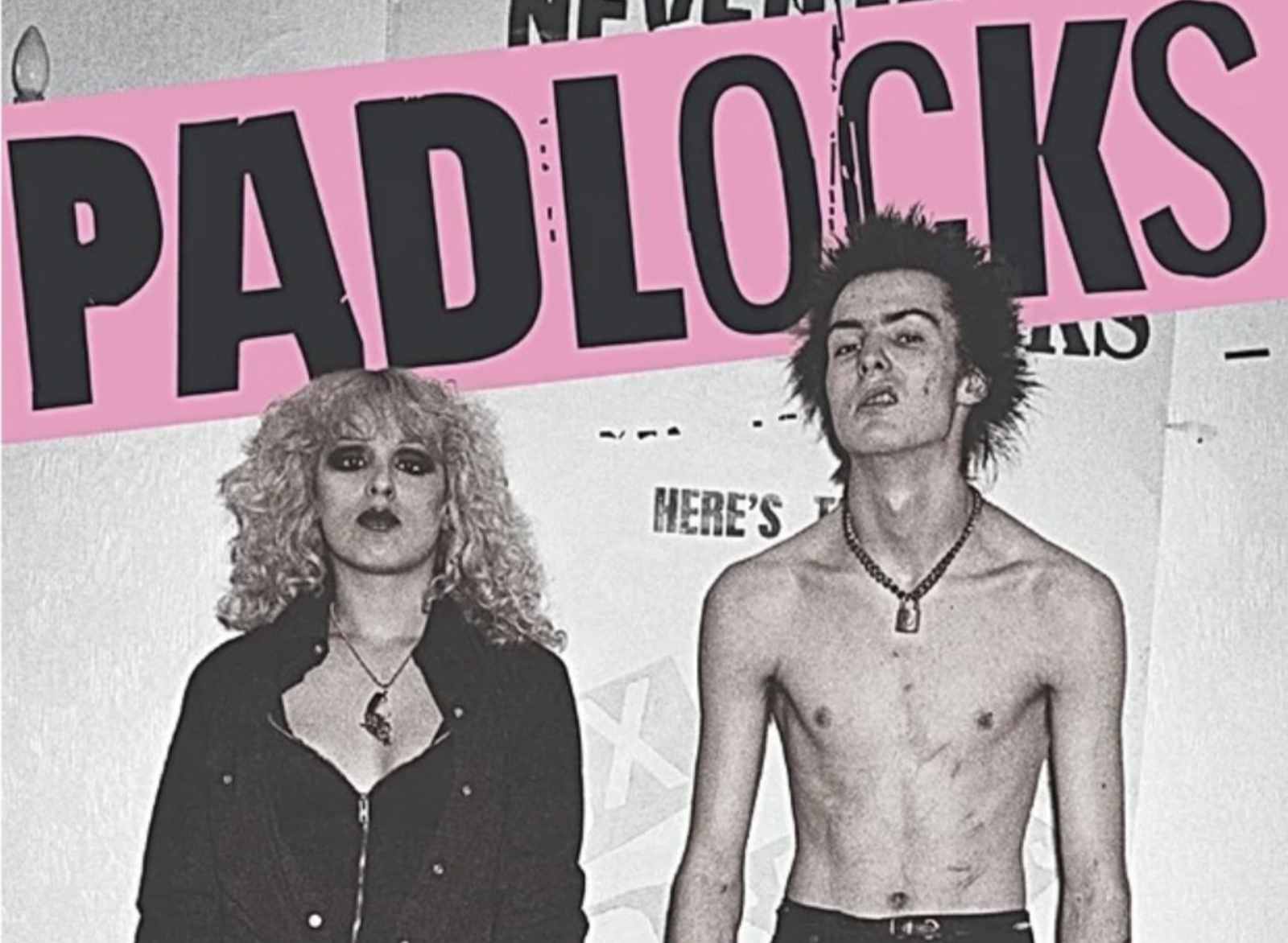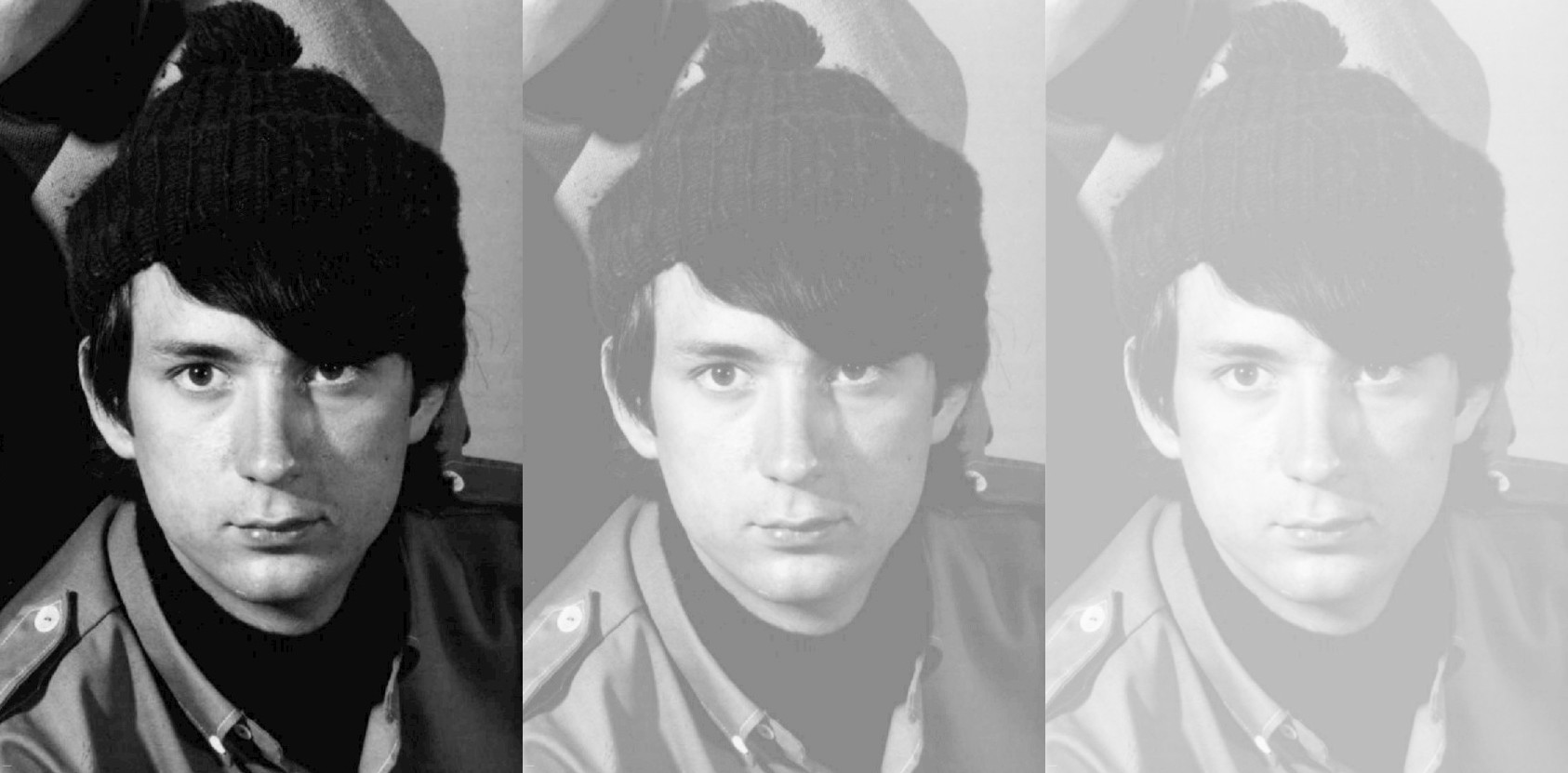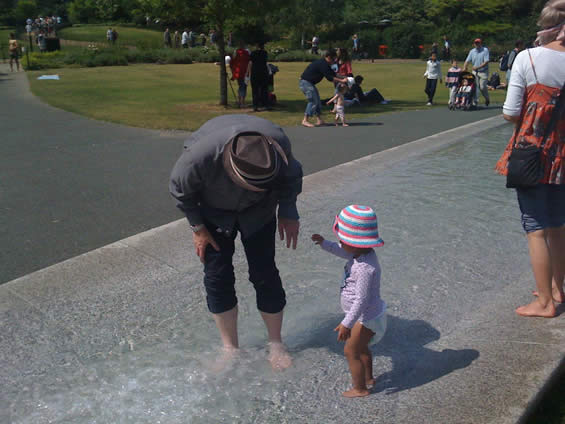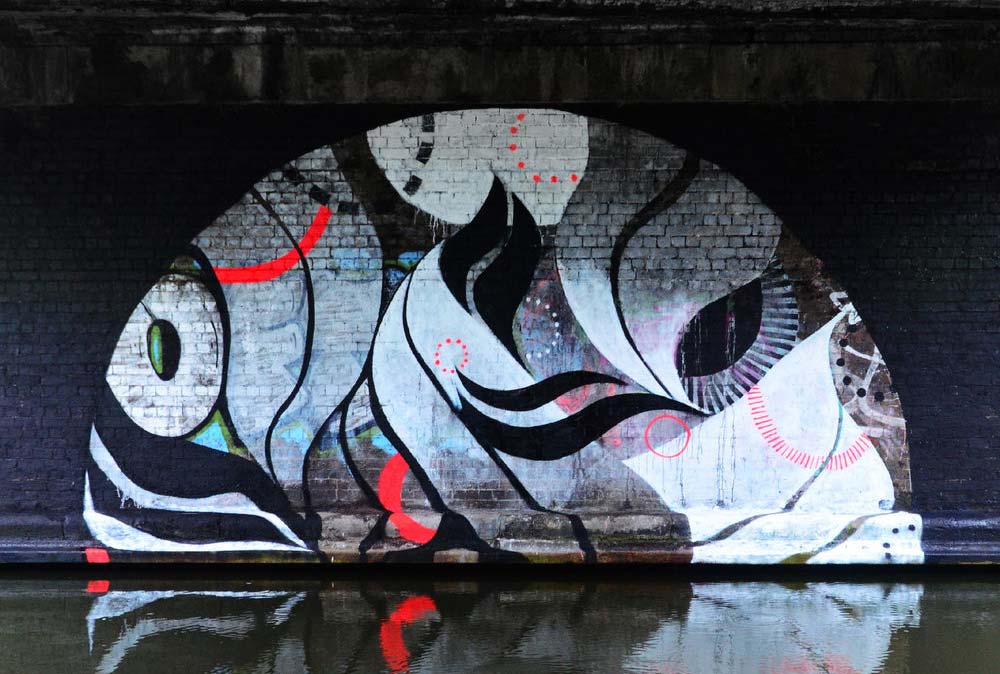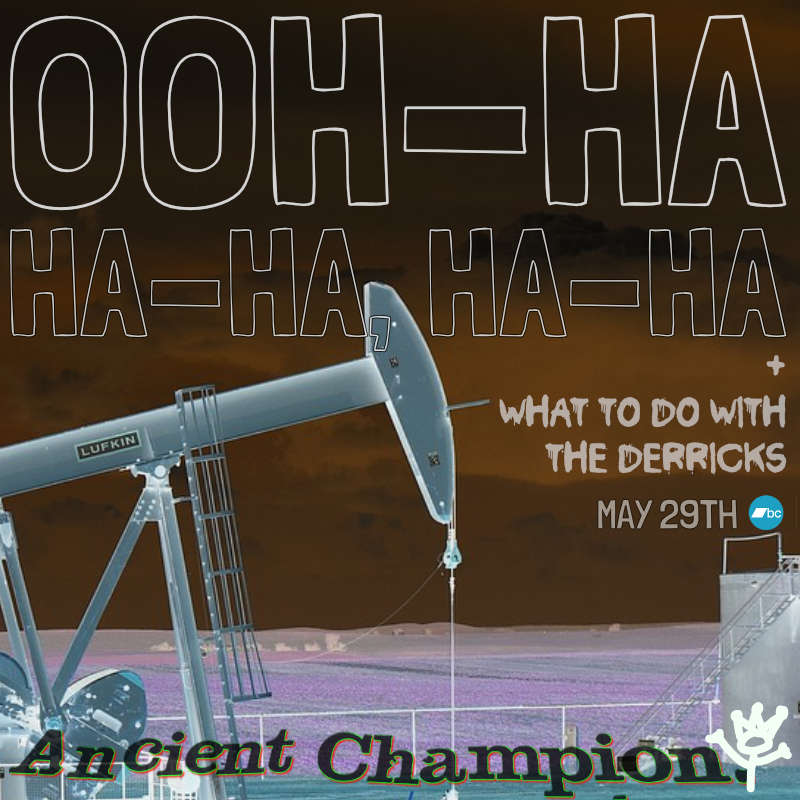OMD
Dazzle Ships (40th Anniversary Deluxe Edition)
EMI
Whenever you look back at that early 80s electronica/synth pop boom, Orchestral Maneuvers in the Dark (OMD), always appeared to be slightly removed from the rest of the party. They weren't tied to any particular scene, there were no manifestos, no singers with lopsided haircuts, no arthouse parodying videos, and not a single frilly shirt or stroke of eyeliner to be seen.
Andy McCluskey and Paul Humphreys just went about their business, writing songs about telephone boxes, oil refineries, French Catholic saints (twice), and that one about the plane that dropped the bomb on Hiroshima that ended up in Gousto and M&S adverts. Their albums had icily cool sleeves designed by Peter Saville and had indecipherable titles like their best-selling third album 'Architecture and Morality' (1981).
Obsessed with Kraftwerk, you could hear how OMD were refining their own particular brand of electronica and experimental pop with each album. By the time of 'Architecture...', they seemed to have figured out how to balance enchanting pop songs ('Souvenir', 'She's Leaving') with intriguing weirdness ('Sealand' and the title track). It sold 4 million copies and gave them three top ten singles. But just how long could this unhindered and unrivaled joy go on for...?
...The answer to that came in March 1983 and its name was 'Dazzle Ships'.
OMD's fourth album is as oddball, uncompromising, and as strange as the band would get. In February, the lead single 'Genetic Engineering' (such a very OMD title), abounded with sounds of rattling typewriter keys and robotic voices emanating from a children's Speak and Spell toy. Maybe it was too out there, too noisy and complex for the pop-buying public to get behind. The single stalled at number 20 in the charts.
When they made their live comeback on Channel 4's recently launched 'The Tube' that month they opened with the, as yet unknown, 'ABC Auto Industry': Sampled voices from distant radio stations talking about robotics, mechanical noises, no actual signing. On stage, some of the band waved semaphore flags and displayed the 'lyrics' on a hand-driven rolling screen. Toward the end of the number, Paul Humphreys uses a toy robot arm to move wooden blocks around. The assembled studio crowd is baffled, and there's a gulf of silence (probably less than a second) after the number finishes as the shock wears off they decide to clap. It's one of my favourite performances in the history of the show. Was it art or pisstakery? What the hell was going on?
Some of the cause of OMD's new direction can be traced back to the moment when someone at Virgin Records told the band that, if they were to make another album like 'Architecture and Morality', they'd be able to become the 'next Genesis.' It must have been a sobering, probably horrifying, moment on so many levels. Never mind the hard work and creativity, the record label required a cash cow like their older label mates. Suffice it to say, the band decided to go in another direction entirely.
Added to this, McCluskey and Humphreys were also suffering from writer's block. Hence the fact that several of the songs on the album are reworkings of older numbers ('Radio Waves'), as well as the previous b-sides (a 'finished' version of The Romance of the Telescope' and supposed epitaph 'Of All The Things We've Made'. The writers block may also explain why there is so much experimentation on the album, including the sound collages of the terrifying title track and the overlapping of speaking clocks from around the world on 'Time Zones'. Most startling though, is the album opener 'Radio Prague' which opener the record: A slice of Communist-era radio from Czechoslovakia, a bombastic Communist-era jingle, an insight into the cold war. One of the great strengths of Dazzle Ships is how it captures and soundtracks a climate of fear and political paranoia at the time.
The bleakness (both emotionally and literally - I really don't remember the sun shining that much in 1983), of the time, is present throughout the doomier, of the record. Most distressingly on 'International' which opens with a radio news item that discusses '...a young girl from Nicaragua whose hands had been cut off at the wrists by the former Somoza guards...' Oddly, this track was never chosen as a single.
Upon release in March 1983, 'Dazzle Ships' suffered from both critical hostility and, in comparison to its predecessor, much commercial indifference. Following its relative failure, the band's next release would be more pop-literate and way more commercial. Despite some of the initial shortcomings of the new pop-friendly OMD ('Junk Culture' from 1985, still feels a little schizophrenic). It would become something that they would become exceptionally good at ('If You Leave' having been written for the film 'Pretty in Pink' made them known in America - their great pop moment).
Although the band folded in 1996 (Humphreys had bowed out in 1989), they reconvened a decade later. What was significant was that, after the audiences flocked to live shows centered around 'Architecture...' the band turned their attention to shows centered around 'Dazzle Ships'. In the period since its release, it had become a fan-favourite. That initial indifference has been replaced by genuine affection. In the same way as Talk Talk's 'Spirit of Eden' or Dexys Midnight Runners 'Dont Stand Me Down' its legacy is down to the artist responding to their biggest-selling record by choosing to reconnect with whatever it was that made them want to make music in the first place, to pursue what made them want to become artists in the first place, and to hell with the commercial consequences.
Forty years on, listening to 'Dazzle Ships', I'm reminded of that David Bowie quote to young artists: "...Go a little out of your depth, and when you don't feel that your feet are quite touching the bottom, you're just about in the right place to do something exciting....” 'Dazzle Ships' is exactly that, a band taking risks, being experimental, and not giving a single care as to whether they would sell enough copies to become the next Genesis. And there's something bold and, in the world of popular music, something rare about that.
Dazzle Ships is OMD's finest hour.
